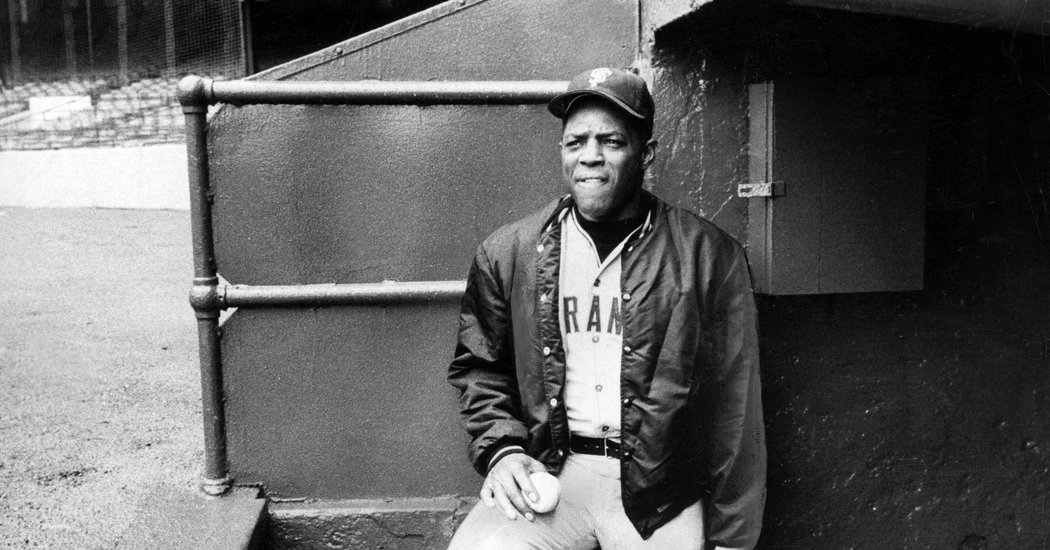Mays hit 52 home runs in 1965, joining Ruth, Jimmie Foxx, Ralph Kiner and Mantle as the only players at that time to have hit at least 50 in a single season more than once. On May 4, 1966, Mays surpassed the National League record for home runs, 511, set by the former Giant outfielder and manager Mel Ott.
As he approached age 40, Mays was still capable of outstanding play, but he had changed.
“Willie, as he grew older, became more withdrawn and suspicious, more cautious, more vulnerable and with plenty of reason,” Leonard Koppett wrote in “A Thinking Man’s Guide to Baseball” (1967). “Life, both personally and professionally, became more complicated for him, and he had his share of sorrow.” After marrying and adopting a child, Mays “went through a painful divorce,” Koppett wrote.
On May 11, 1972, with the Giants’ attendance in decline, Horace Stoneham, the team’s longtime owner, wanting to provide Mays with longtime financial security, sent him to the Mets in a trade for a minor league pitcher, Charlie Williams.
Mays was in the next to last year of a two-year contract paying him $165,000 a season (the equivalent of a about $1.25 million today). When the deal was made, Joan Payson, the Mets’ president, who had been a stockholder in the New York Giants and was a fan of Mays, guaranteed him a 10-year, $50,000 annual payment apart from his baseball salary. He was to be a good-will ambassador and part-time instructor after his playing days ended.
Mays was hitting .167 when he joined the Mets, but on May 14, in his first game with them, before a Sunday crowd of some 35,000 at Shea Stadium, he beat the Giants with a home run. Yet he was 41, and his skills had eroded. The next year he was hampered by swollen knees, an inflamed shoulder and bruised ribs, and on Sept. 20, 1973, he announced his retirement.
#Willie #Mays #Baseballs #Electrifying #Player #Power #Grace #Dead,
#Willie #Mays #Baseballs #Electrifying #Player #Power #Grace #Dead
